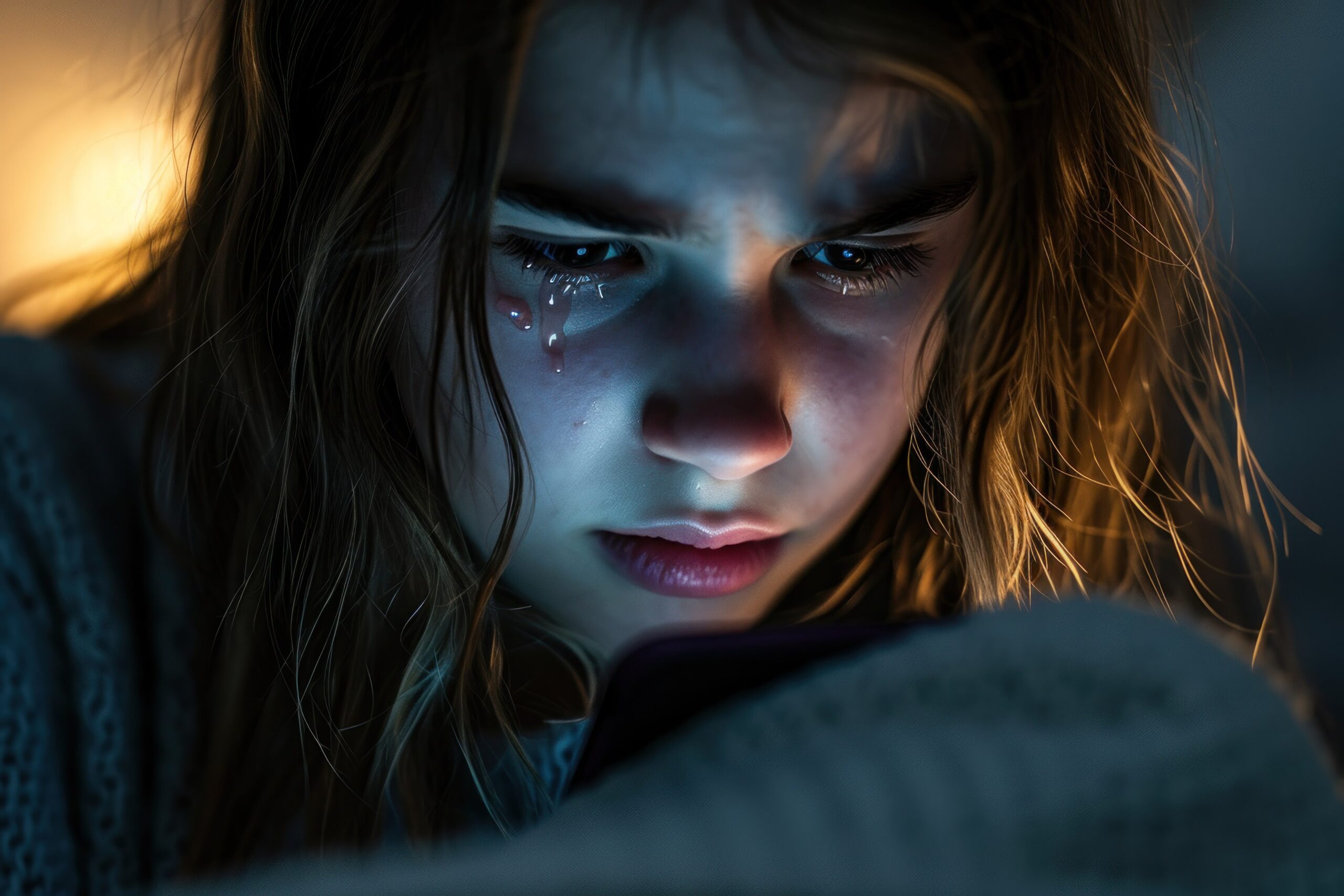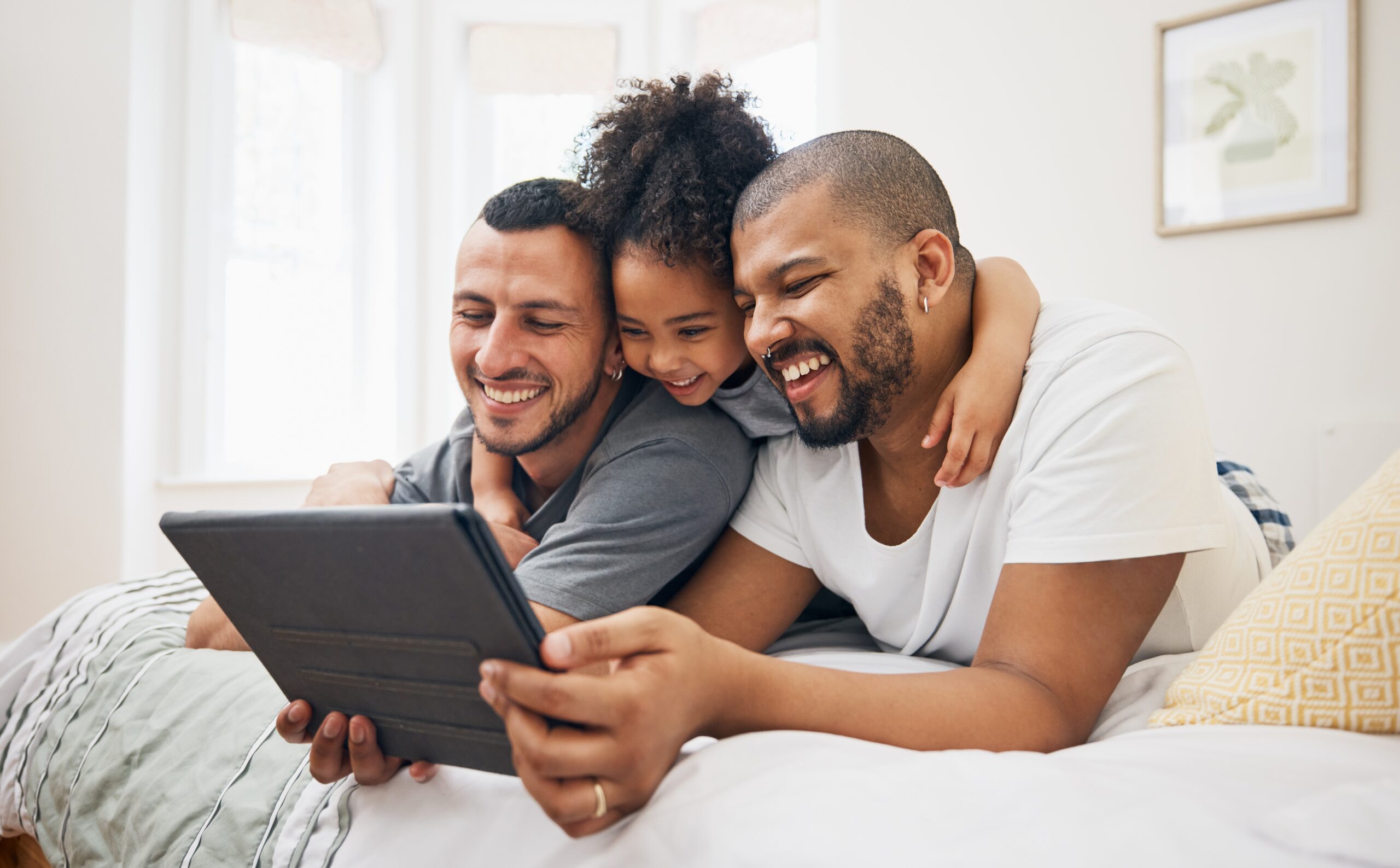August is Teen Mental Health Month, making it an ideal time to reflect on how social media impacts mental well-being. While social media offers a convenient way to connect with friends and family, its influence on mental health can be both positive and negative, particularly for teenagers.
The Dual Nature of Social Media
Social media can be a great supplement to real-life interactions, but it’s crucial to maintain a balance. When we maintain strong, deep-rooted social connections offline, social media can be useful in moderation. However, research shows that excessive social media use can increase feelings of anxiety, depression, and loneliness, especially when it becomes our primary form of social interaction.
Teens are particularly vulnerable to the negative aspects of social media, as they navigate crucial stages of identity development. As with many things in life, moderation is key.
The Effects of Social Media
Social media’s relatively short history means long-term effects are still being studied. However, existing research indicates several significant impacts on mental health:
- Addiction to Scrolling: The dopamine release from refreshing your social media feed can create a cycle of addiction, making it hard to disconnect.
- Constant Comparison: Seeing the curated highlight reels of others’ lives can lead to unhealthy comparisons and diminished self-esteem, particularly among teens who are still forming their identities.
- Feelings of Isolation: Despite its goal of connecting people, excessive social media use can make users feel isolated and lonely.
- Cyberbullying: Cyberbullying remains a significant issue, affecting 16% of high school students and 40% of adults at some point in their lives.
- FOMO (Fear of Missing Out): Social media can perpetuate FOMO, causing users to constantly check for updates to avoid feeling left out.
Recognizing Unhealthy Social Media Use
Being aware of social media habits is the first step toward healthier use. Watch for warning signs such as:
- Increased symptoms of anxiety or depression
- Risky behavior aimed at gaining likes or followers
- Lack of self-reflection
- Distraction from work or school
- Sleep disturbances from late-night scrolling
- Spending more time online than with real-life friends
- Low self-esteem from constant comparison
Tips to Limit Social Media Use
Here are some strategies to help curb social media use – even for yourself!
- Track Screen Time: Use apps to monitor social media usage and set limits.
- No Scrolling Before Bed: Implement a no-scrolling rule an hour before bed and after waking up to improve sleep quality.
- Set Designated Times: Choose specific times of the day to check social media.
- Disable Notifications: Turn off notifications to reduce the temptation to check on their phone.
- Limit Access: Remove social media apps from their phone and access them only via desktop or tablet.
- Find Alternative Activities: Help teens find and engage in offline activities like volunteering, exercising, or meeting friends in person.
Guiding Children and Teens
Parents play a crucial role in modeling and setting boundaries for healthy social media use. Here are some tips for guiding your children:
- Open Conversations: Discuss the realities of social media and the importance of offline connections.
- Monitor Usage: Use parental control apps to track and limit your child’s social media time.
- Encourage Breaks: Set rules for social media breaks, such as no phones during homework or meals.
- Address Root Issues: Understand if underlying problems are driving excessive social media use.
- Promote Offline Interests: Encourage activities that boost self-esteem and mental health, like sports, hobbies, and family time.
During Teen Mental Health Month, it is crucial to acknowledge the far-reaching effects of social media on mental well-being and to take proactive steps to address them. By advocating for moderation, raising awareness, and fostering open dialogue, we can empower both ourselves and our children to engage with the digital world in a way that promotes healthier mental health practices.




